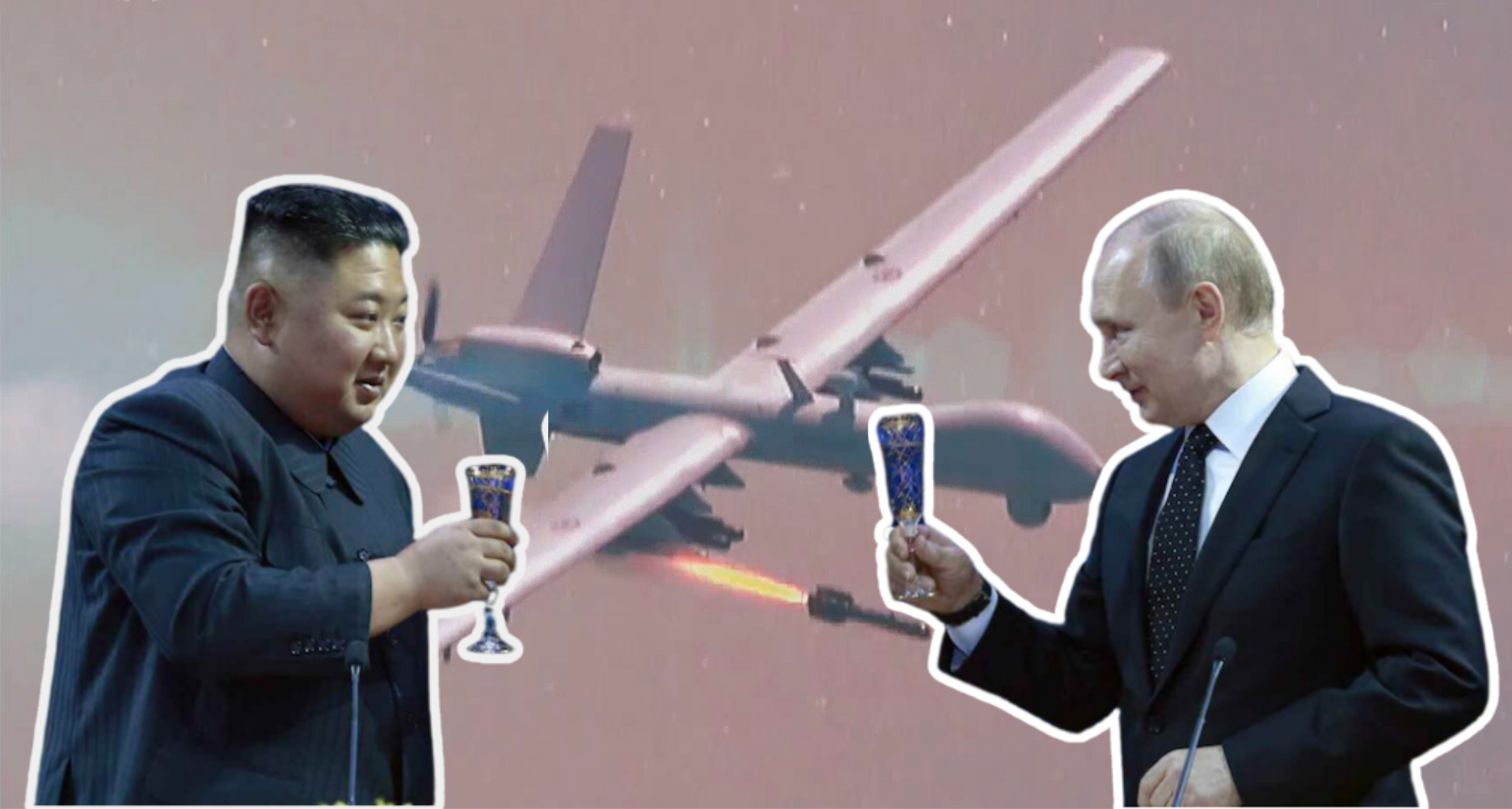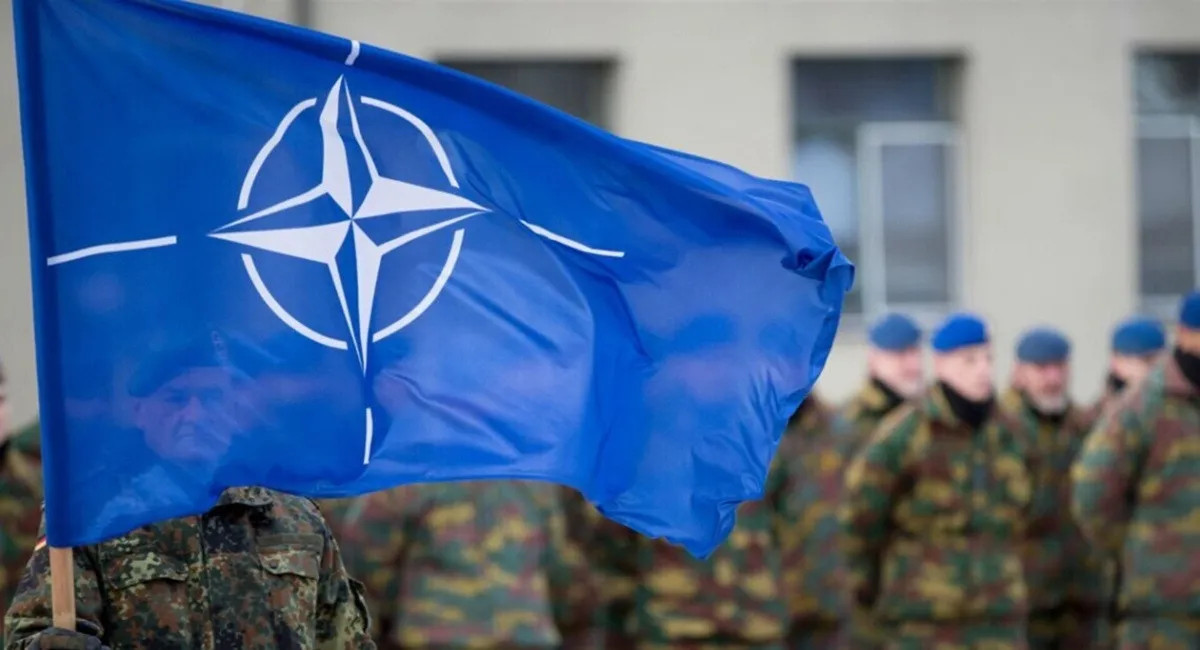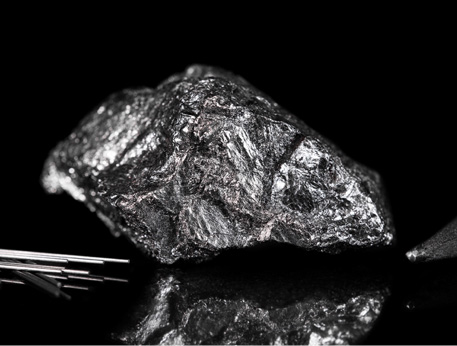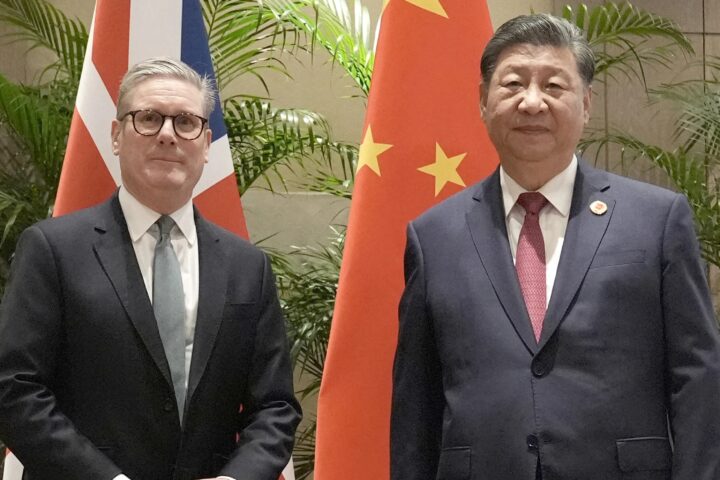Up to 25,000 North Korean workers are reportedly set to be deployed to Russia’s drone manufacturing facilities in Tatarstan, in what appears to be a dramatic escalation of military-industrial cooperation between Pyongyang and Moscow.
According to diplomatic sources cited by both NHK World and Censor.net, the deal includes the transfer of skilled North Korean labour in exchange for access to Iranian drone technology, which Russia is currently using in its war against Ukraine.
Tatarstan Drone Plant to Become Hub of DPRK-Russia Collaboration
The drone facility in the Republic of Tatarstan, part of Russia’s growing defence production ecosystem, is expected to receive the influx of North Korean labourers as early as this summer. These workers will be directly involved in assembling military drones, a task crucial to sustaining Russia’s military campaign.
The exchange offers Pyongyang not only economic benefits in the form of overseas labour revenue but also technological know-how on operating Iranian-made UAVs, which are currently being used against Ukrainian targets. This forms a troubling new front in the broader realignment of authoritarian regimes globally.
Sanctions? What Sanctions?
This secretive cooperation starkly contradicts Moscow’s repeated claims of economic self-reliance. While the Kremlin insists on promoting the image of a sovereign industrial power, its increasing reliance on North Korean workers and Iranian drones paints a very different picture.
Moreover, the deployment of DPRK citizens to support a wartime economy raises serious questions about sanctions evasion. Both Russia and North Korea are under heavy international sanctions, including restrictions on arms transfers and foreign labour. The use of workers from a totalitarian regime for war-related production is likely to draw sharp rebukes from the West.
Why This Matters for Global Security
This is not just another chapter in Russia’s efforts to sustain its war machine — it’s a potential geopolitical game-changer. The partnership between Russia, North Korea, and Iran is beginning to resemble a new axis of military cooperation, each regime leveraging the others’ strengths to bypass Western pressure.
North Korea gains access to cutting-edge drone capabilities; Russia fills its labour shortages amid economic isolation; and Iran’s technologies get a foothold in new theatres of conflict. The consequences could reach far beyond Ukraine.
International Reaction and What to Watch
So far, the United Nations and key Western allies have not formally responded to the reports, but growing concerns are likely to fuel new debates around tightening sanctions and curbing dual-use technologies.
Meanwhile, Pyongyang’s bold move is yet another signal that Kim Jong-un is deepening his regime’s military-industrial ties with like-minded authoritarian states — prioritising military technology over diplomacy or economic reforms.
As more information becomes available, eyes will be on how the G7, the European Union, and the UN Security Council choose to react to this shadowy labour-for-drones pact.













